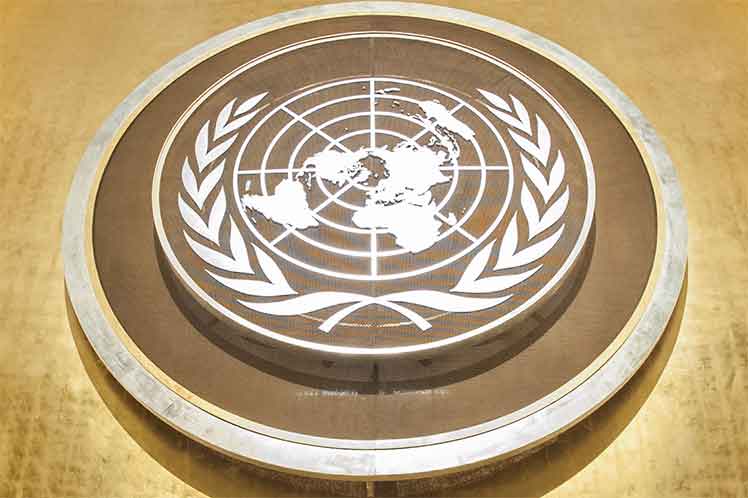The United Nations has warned that some 20 countries are today at risk of facing famine in the coming months due to the intensification of violence, the economic crisis and extreme weather events, Prensa Latina publishes.
A report recently published by the largest international organization also points to cross-border threats such as the desert locust and lack of access to humanitarian assistance among the dangers for those nations.
The situation in these countries is reflected in the Analysis of Early Warning of Places with Acute Food Insecurity, which explains that the combination of conflicts, economic crisis and Covid-19 leads more and more people to a food emergency situation every day.
Among the territories cited by the UN are Burkina Faso, northwestern Nigeria, South Sudan, Yemen and the Democratic Republic of the Congo, the latter with 22 million people suffering from acute food insecurity, the highest number in a single country.
The text specifies that in the case of Burkina Faso it has suffered the greatest increase, since the number of people who suffer from desperate hunger has almost tripled compared to 2019, due to the increase in conflicts, displacement and the associated effects Covid-19 in employment and access to food.
But these countries are far from the only red flag on a global map showing acute food insecurity levels reaching new highs globally, driven by a combination of factors, the report notes.
The aim of the problem areas document is to outline the urgent measures that can be taken now to avoid a serious emergency – or series of emergencies – within three to six months.
The evolution of this situation in the highest risk nations will depend on the dynamics of conflicts, food prices and the innumerable effects of the Covid-19 pandemic on their food systems, the behavior of rains and harvests, humanitarian access and the willingness of donors to continue funding humanitarian operations.
FAO’s Director of Emergencies and Resilience Dominique Burgeon said this is ‘an urgent call to action’, noting that the health and economic crises have eroded the ability of many people to produce and access food, bringing it closer to conditions of extreme hunger.
The catastrophe-famine situation is the most serious of the five stages used by the Integrated Food Security Phase Classification system to indicate increasing degrees of food insecurity. When this extreme phase is declared, it means that people have already begun to starve.
In this regard, the UN warns that, unless urgent measures are taken now, the world could experience its first outbreak of famine since it was last declared in 2017 in some areas of South Sudan.

Redacción Digital
Equipo de redactores del sitio web de Radio Mayabeque



